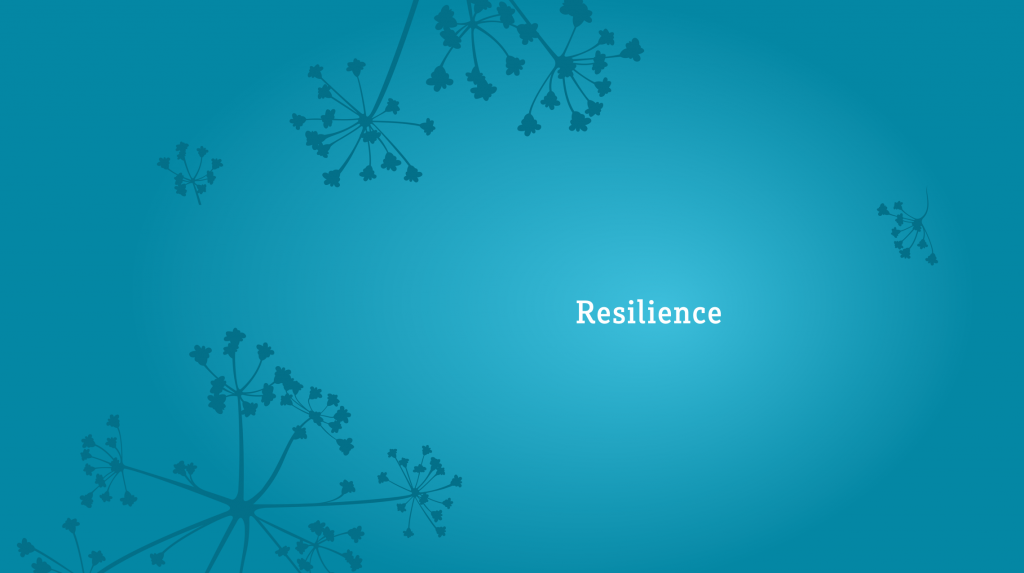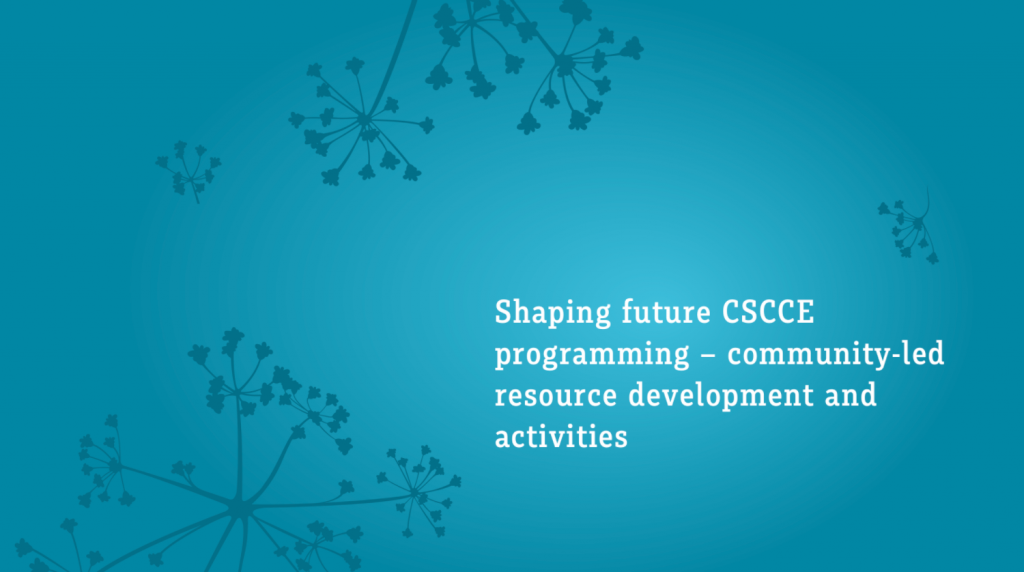Our newest resource, the CSCCE Skills Wheel and guidebook, is out this week. Created by the C3 project team of the 2017 CEFP cohort, the wheel defines 45 skills used in varying degrees by scientific community managers, laying out a common language and framework for hiring, professional development, and personal fulfillment.
About the C3 project
As part of CSCCE’s Community Engagement Fellowship Program (CEFP), fellows self-organize into small groups to take on a research or resource-development project. The Catalyzing Cultural Change (C3) team, Jennifer Davison, Andreas Leidolf, Malin Sandström, Elisha Wood-Charlson, and Lou Woodley, wanted to define the skills and core competencies for scientific community engagement managers, while also understanding how these roles are positioned within different types of scientific communities or organizations.
To do this, they compared the skills listed in a range of scientific community manager job descriptions, surveyed scientific community managers within the 2017 CEFP cohort, and, along with additional literature research, created the CSCCE skills wheel.
Continue reading “What does a scientific community manager do? Check out the CSCCE Skills Wheel and accompanying guidebook!”

